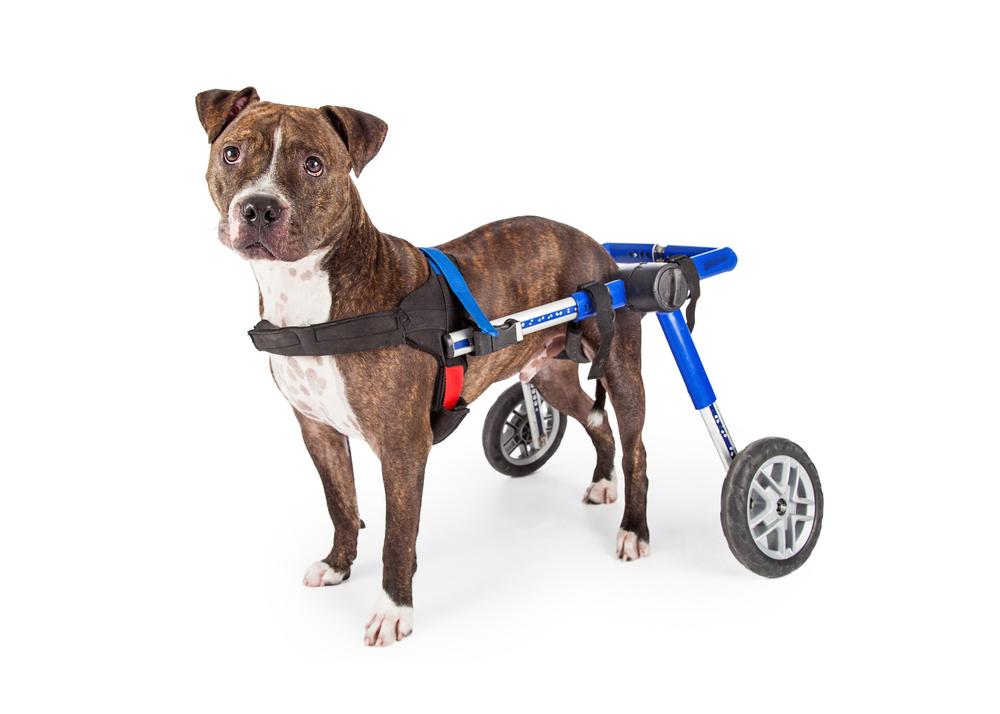
Tips to care for pets with special needs
Caring for special needs pets may require a little extra effort on your part. But then, there is no greater happiness than seeing your happy and healthy friend thriving under your care. We have listed a few things, which will assist you in caring for special needs pets.
- Take your pet for regular checkups to evaluate his condition. Follow up on medications and other necessary changes in routine care or diet.
- Maintain a healthy balanced diet, rich in nutrients, to nourish their overall health.
- Grooming, as your pet may not be able to groom himself regularly, you would want to be more thorough and regular with his grooming routine. Brush his coat regularly, give him a bath, brush his teeth, and clip his nail to maintain good hygiene.
- Check your pet regularly for fleas and take necessary precautions to prevent an infestation.
- It is important to supervise their bladder and bowel movements. If you feel that they are urinating and defecating less than normal, you must consult your vet as this may lead to intestinal infections and arthritis. Use diapers for pets with bladder and bowel incontinence. To reduce the risk of infection, change soiled diapers immediately.
- Keep their living area clean and disinfected. Remove any objects that can cause injury or accidents.
- Check your pet’s body for injuries or sores on a daily basis. This is especially important if your little friend has lost movement in any part of the body or if any part of the body is paralyzed.
Caring for special needs pets may require changes in your home. You can consider the following to ensure the safety of your pets:
- Installing baby gates to keep them away from those areas of your house where they are likely to hurt themselves.
- Cover your floor with rugs or using non-slip socks for your pet in case they find it difficult to walk on your tiled or hardwood floor.
- You may want to install ramps in your house or make suitable alterations if your pet uses a wheelchair.
- If they are dragging their hind legs, consider covering the area with bandages or dog clothes to reduce skin damage. Special padding or bandaging available in the market can also help prevent skin abrasions or sores from chafing on the pressure points.
- Mobility aids, such as wheelchairs or carts available in the market are a great help for pets with dysfunctional or amputated limbs. You should consult your vet before choosing a gear and ensure that the gear fits perfectly.
- Regular exercise is necessary for the health of your pet. Your veterinarian could guide you through the forms of exercise that would be suitable for your pet.
With the help of these pointers on caring for special needs pets, you will be able to do all that you can to help your furry friends.
Interested in more articles about Pet Breeders ? Explore them here. Keep yourself updated with fresh content by liking us on Facebook or subscribing to our Newsletter.
Do pictures of adorable dogs and cats make your day as much as it does ours? Follow us on Instagram .


